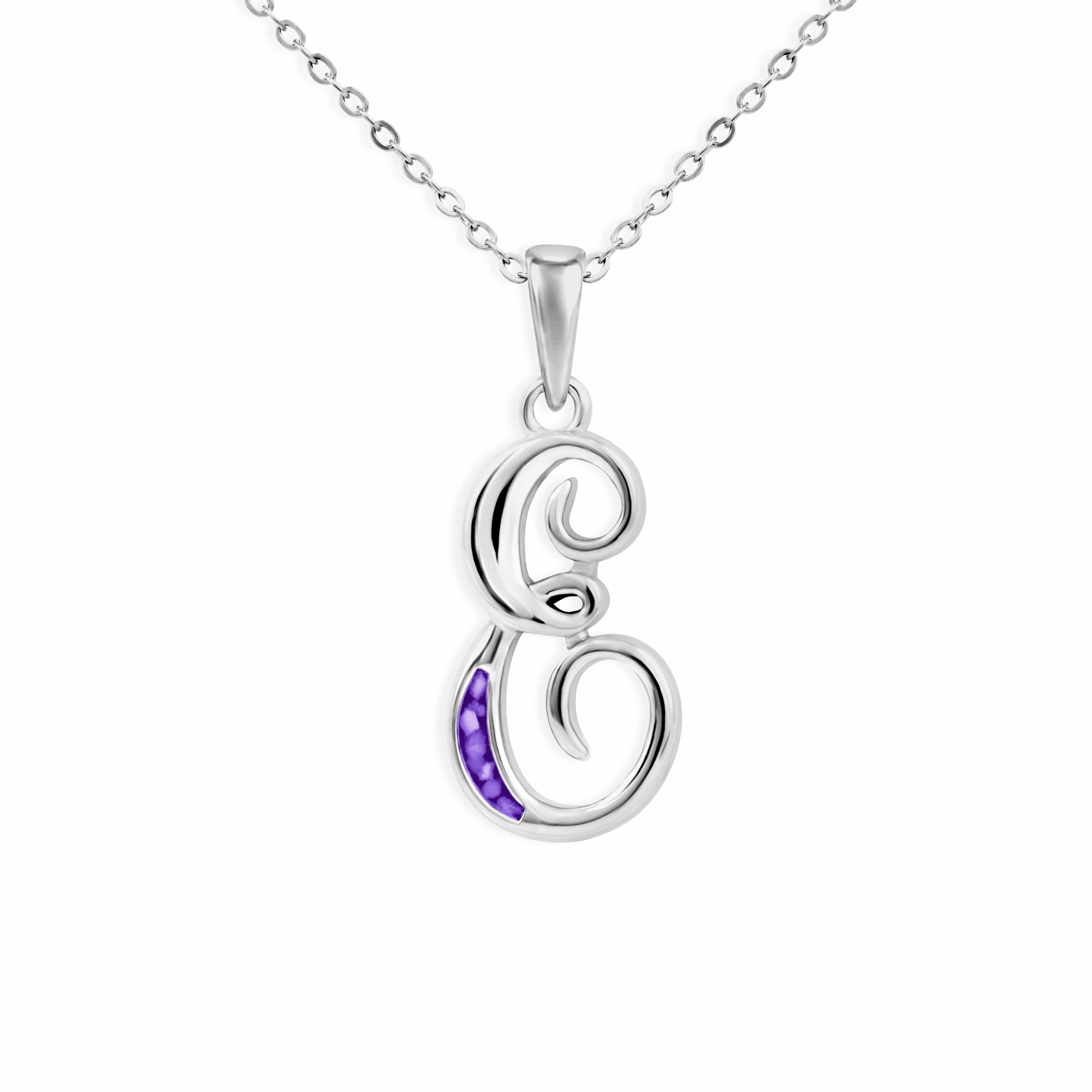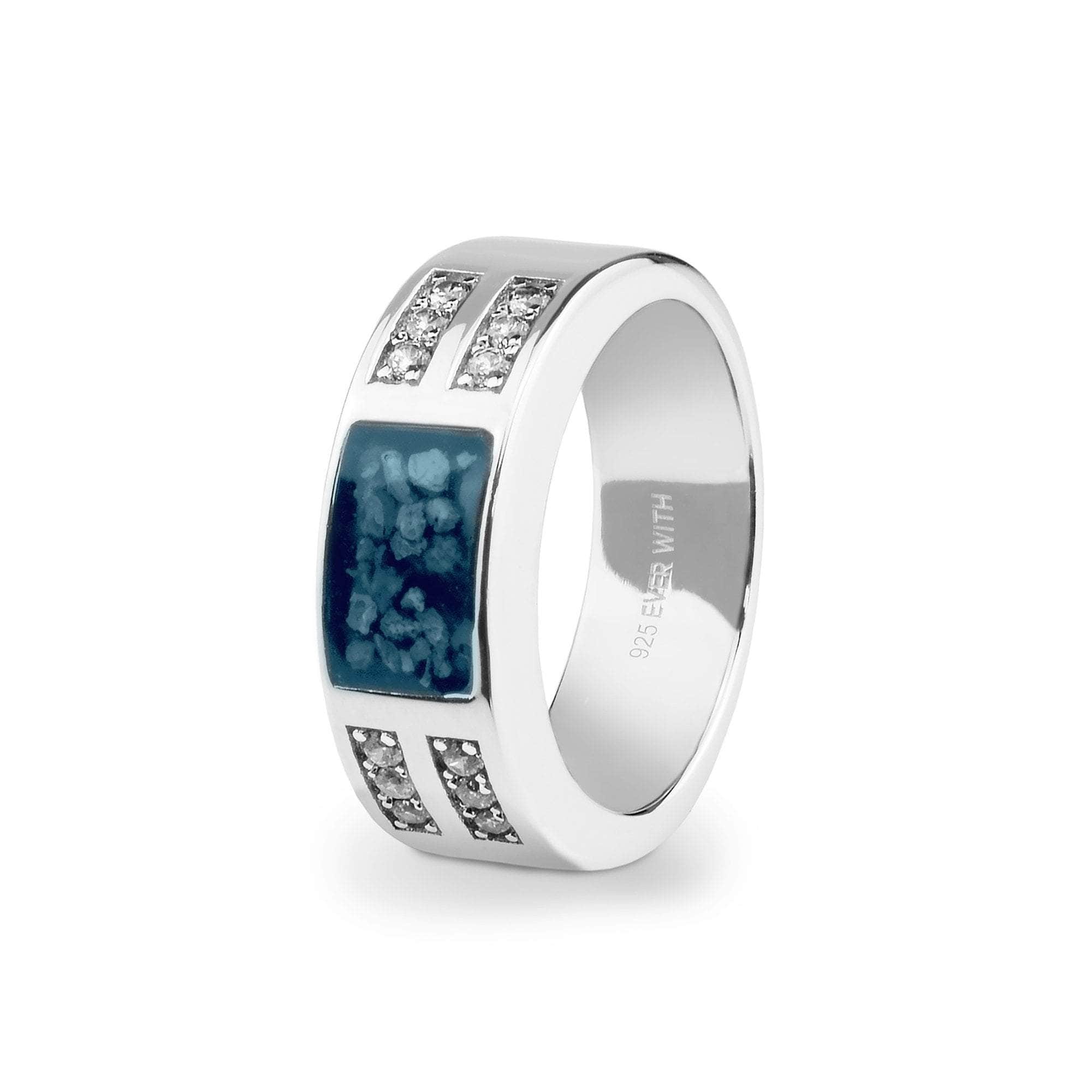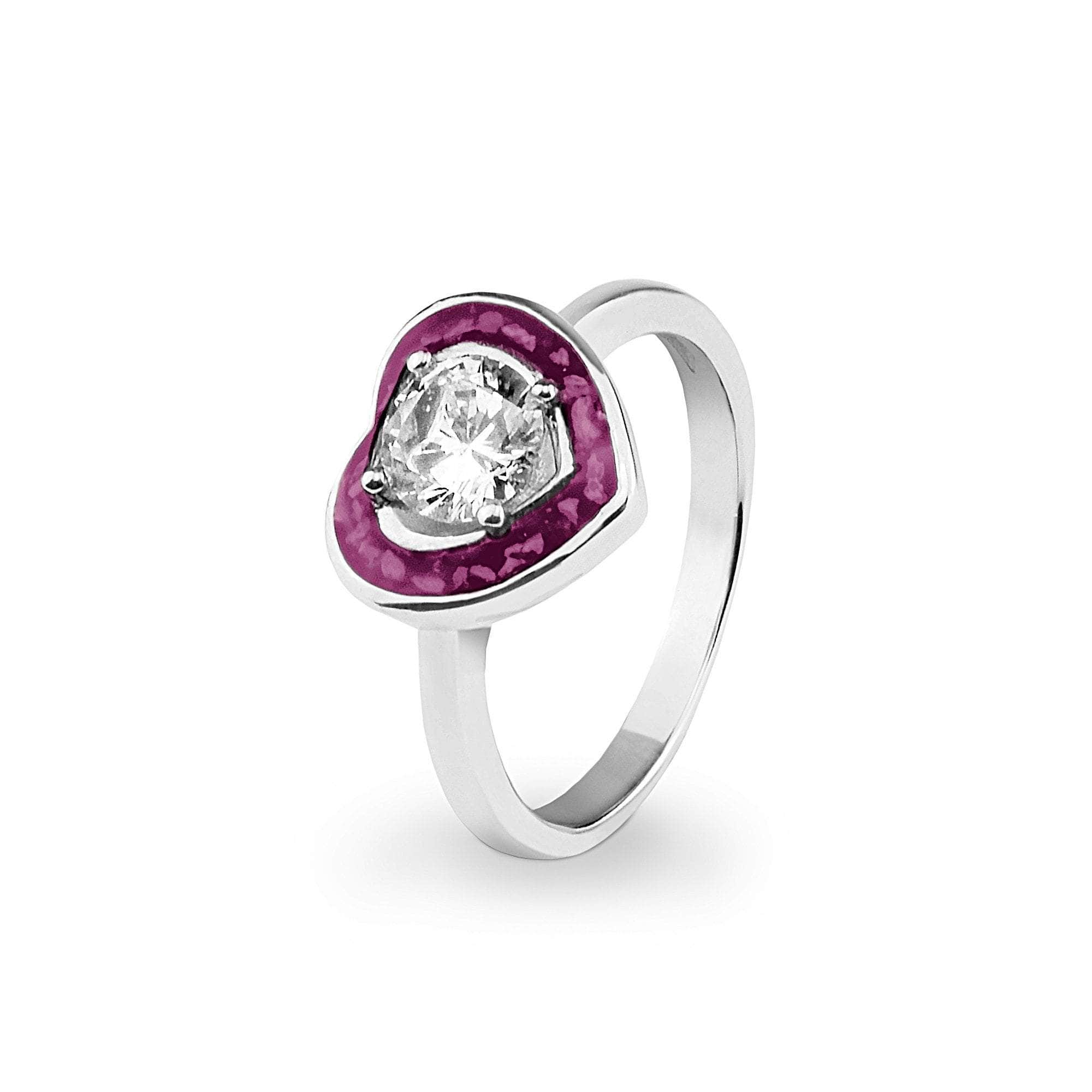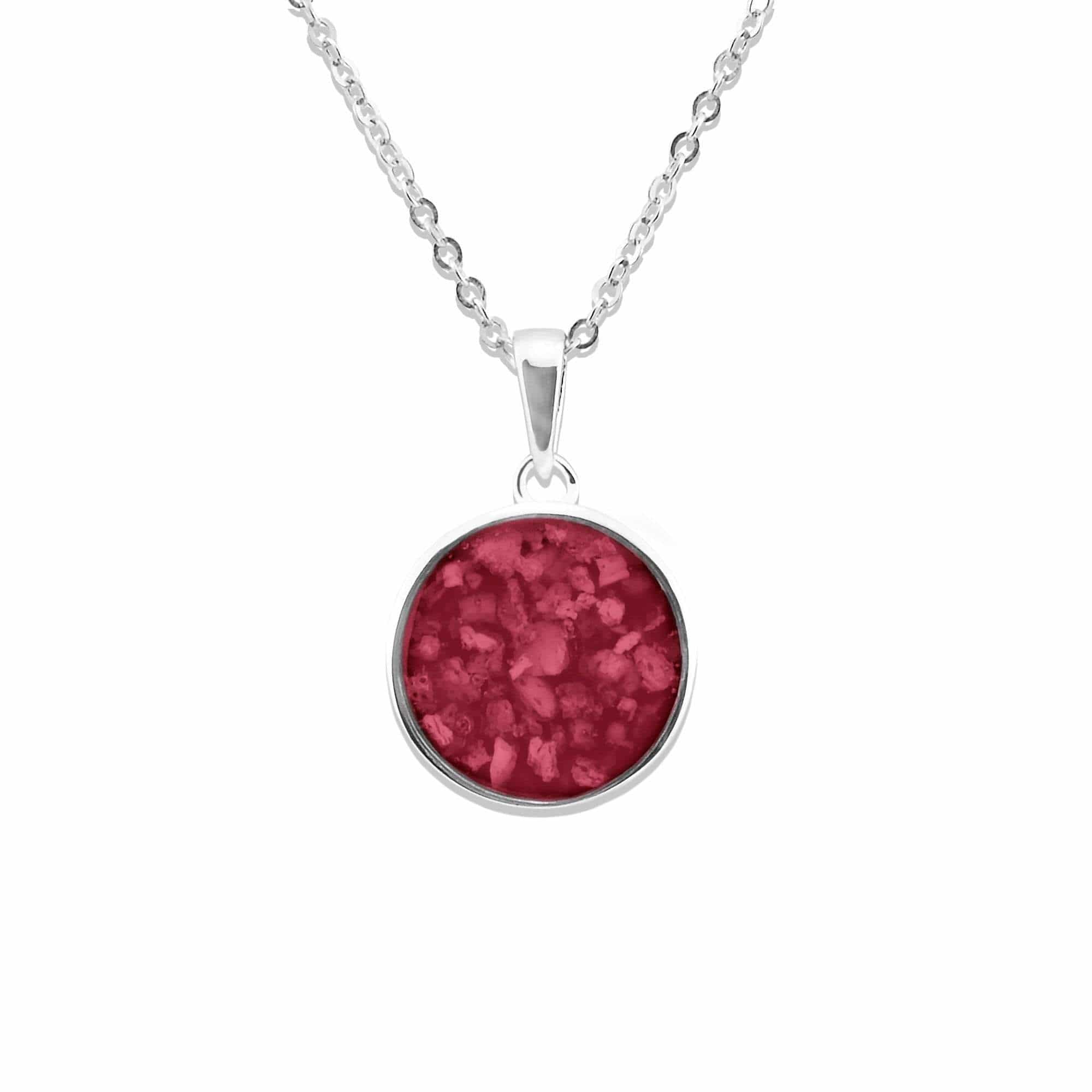In the United Kingdom and Ireland, Mother's Day, also known as Mothering Sunday, holds a special place in our hearts. It's a day dedicated to showering our wonderful mums with love, gratitude, and appreciation. While we all cherish the tradition, the origins of Mothering Sunday are often shrouded in history, and not many are aware of its humble beginnings.
The Greeks celebrated Rhea, the Mother of the Gods and Goddesses, with spring festivals, while the Romans honoured the mother Goddess Cybele in March, as far back as 250 BC. However, the modern concept of Mothering Sunday took shape in the UK and Ireland in the 16th century.
Mothering Sunday has been celebrated on the fourth Sunday in Lent since the 16th century. This tradition had a religious origin, initially dedicated to honouring and giving thanks to the Virgin Mary, also known as Mother Mary. Families would visit their 'mother' church, the main church or cathedral in their area, to celebrate this occasion. The day provided an opportunity for children, who worked as domestic servants or apprentices away from home, to reunite with their families and honour their mothers.
Over time, Mothering Sunday expanded its scope from thanking Mother Mary to appreciating all mothers, evolving into the celebration we know today. The date of Mother's Day varies around the world, with many countries following the US and celebrating on the second Sunday in May.
Mother's Day in the United States has a different origin. Anna Jarvis, a lady from West Virginia, created the holiday in 1908 to honour her late mother. After persistent efforts and promotion, President Woodrow Wilson officially established Mother's Day in 1914. Unfortunately, as the holiday became more commercialised, Jarvis grew unhappy with its transformation, referring to it as a "Hallmark Holiday."
In the UK, Mothering Sunday faced a decline in popularity by 1935, but it experienced a revival during World War II. Inspired by American and Canadian celebrations, Brits felt the need to express gratitude to their mothers during the war, leading to a resurgence of the tradition in the UK.
Today, Mother's Day involves the thoughtful exchange of gifts, cards, and expressions of love. Traditional gifts include flowers and Simnel cakes, with families coming together for a special Sunday roast dinner. The historical association with 'Refreshment Sunday' allowed for a temporary break from Lenten fasting, giving families a chance to indulge in rich food and make mothers feel truly cherished.
As we approach Mother's Day, let's not forget the historical significance of this special occasion. It's a day to honour the strong women who shaped our lives and continue to do so. So, whether you're planning a Sunday roast or surprising your mum with a beautiful bouquet, make sure to celebrate Mother's Day with the love and appreciation it deserves.
If you're looking for thoughtful ways to make your mum feel extra special this Mother's Day, visit everwith.co.uk for a range of personalised and meaningful gifts that she'll cherish forever.
We understand that not everyone will have a happy day. Remember to look after yourselves, and cherish moments and memories where you can.








